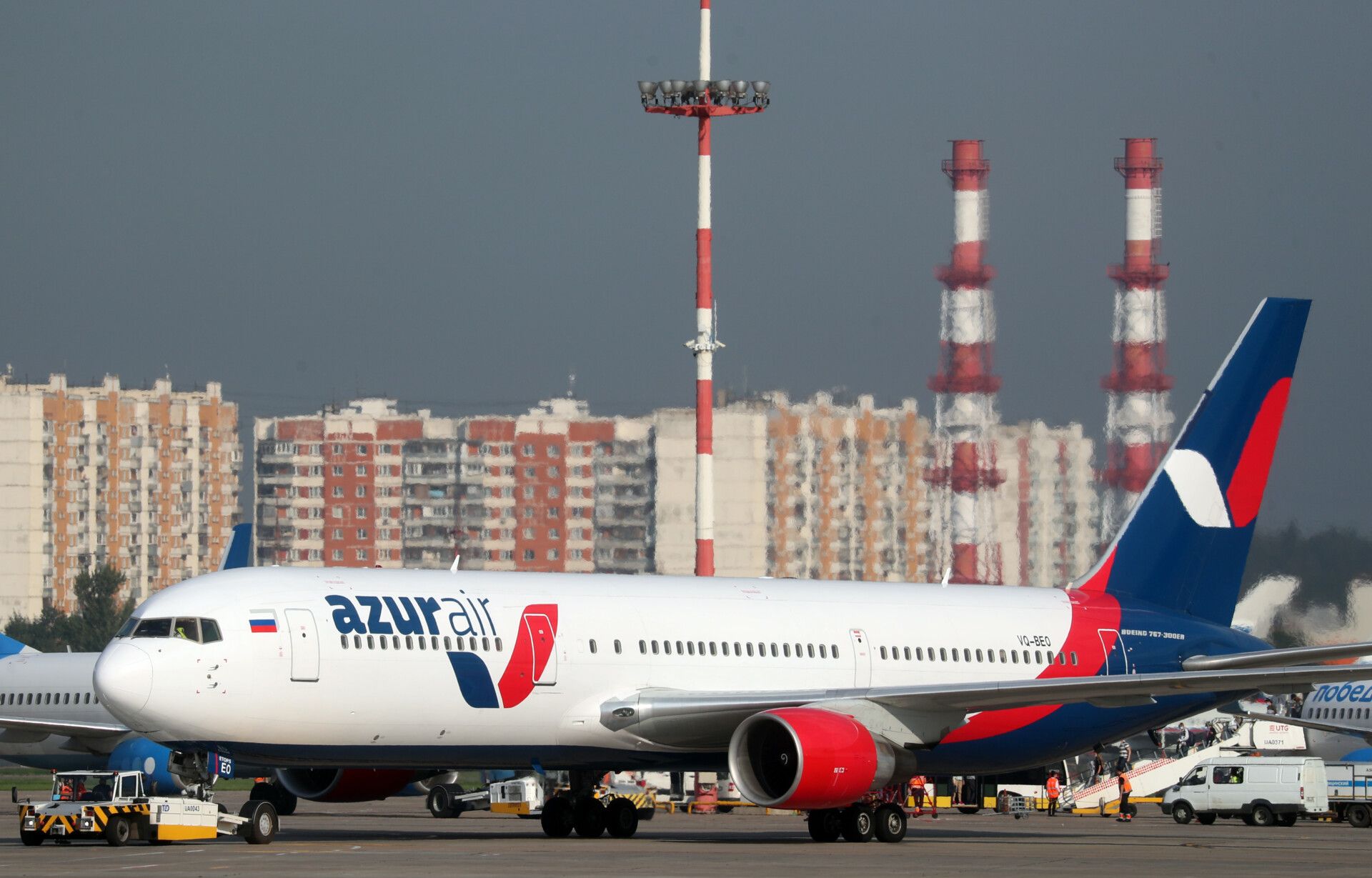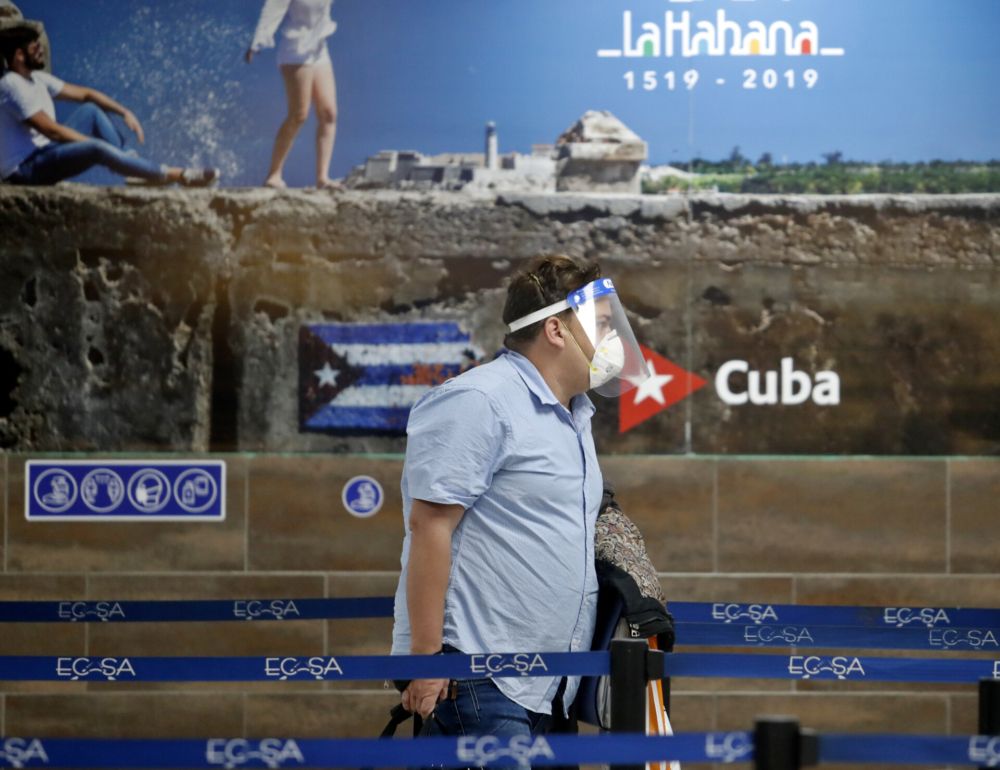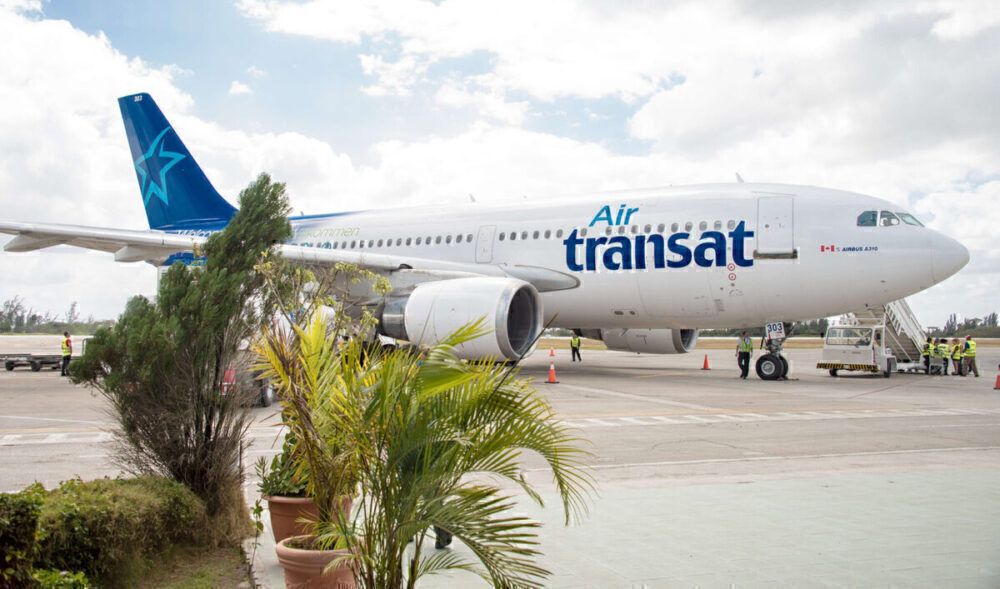Allowed to operate to only two Cuban airports since the restart of operations six months ago, Russian charter carriers have nonetheless brought over 100,000 tourists to the resort of Varadero and Cayo Coco. As Canadian visitors remain largely absent, Cuba is placing its hopes for the winter season on Russia. Through an agreement with Rosaviatsia, Cuba has opened up four more destinations, including Havana, to Russian airlines.
Cuba reopening
Cuba has been formally closed to most global travelers due to COVID-19, and flights from Russia have been restricted to two resort destinations. It officially reopened its borders on Monday, November 15th, and as of December 1st, the country will lift all restrictions. Meanwhile, the decision was not unilateral. The Russian Federal Air Transport Agency, Rosaviatsia, also needed to authorize the reestablishing of the routes.
"We are very happy that this decision was made. In fact, we have the pandemic almost under control. About 90% of the population will be immunized with our own vaccines. So, from a health point of view, we will be a very safe country,” Juan Carlos Escalona, Minister for Tourism at the Cuban embassy in Moscow, said in a statement according to Prensa Latina.
Popular and more isolated leisure destinations Varadero and Cayo Coco reopened to Russian charter operators in April this year with a flight from Azur Air. Meanwhile, the new bilateral decision means that Russian airlines will once more be allowed to fly to the capital of Havana, as well as Santa Clara, Camagüey, and Holguín.
Stay informed: Sign up for our daily and weekly aviation news digests.
Proof of immunization or PCR
Upon arrival, travelers will need to present vaccination certificates or a negative PCR-test result no older than 72 hours before the flight's departure. Children under the age of 12 are exempt from any such requirements, and no further tests are needed once in Cuba.
Cuba is the only country in the region that has not accepted donated vaccines via the COVAX program. Instead, it has decided to develop its own vaccines. It is currently in talks with the World Health Organization (WHO) for emergency authorization to be able to sell its vaccines via the organization. Daily new cases in Cuba have dropped from a high of over 9.000 in August, to about 250 in mid-November.
Can Russians save the winter season?
For decades, Cuban tourism has relied heavily on Canadian visitors. Before the pandemic, over a million Canadians traveled to Cuba every year. However, due to ongoing travel restrictions, the island nation is only seeing visitors at any scale from Russia, numbers having reached 100,000 for the year.
The Cuban Vice Minister for Tourism, Maria del Carmen Orellana, recently participated in a tourism fair in Mosco where the goal was to “contract a good winter season in the Russian market,” something operators missed out on entirely last year.



